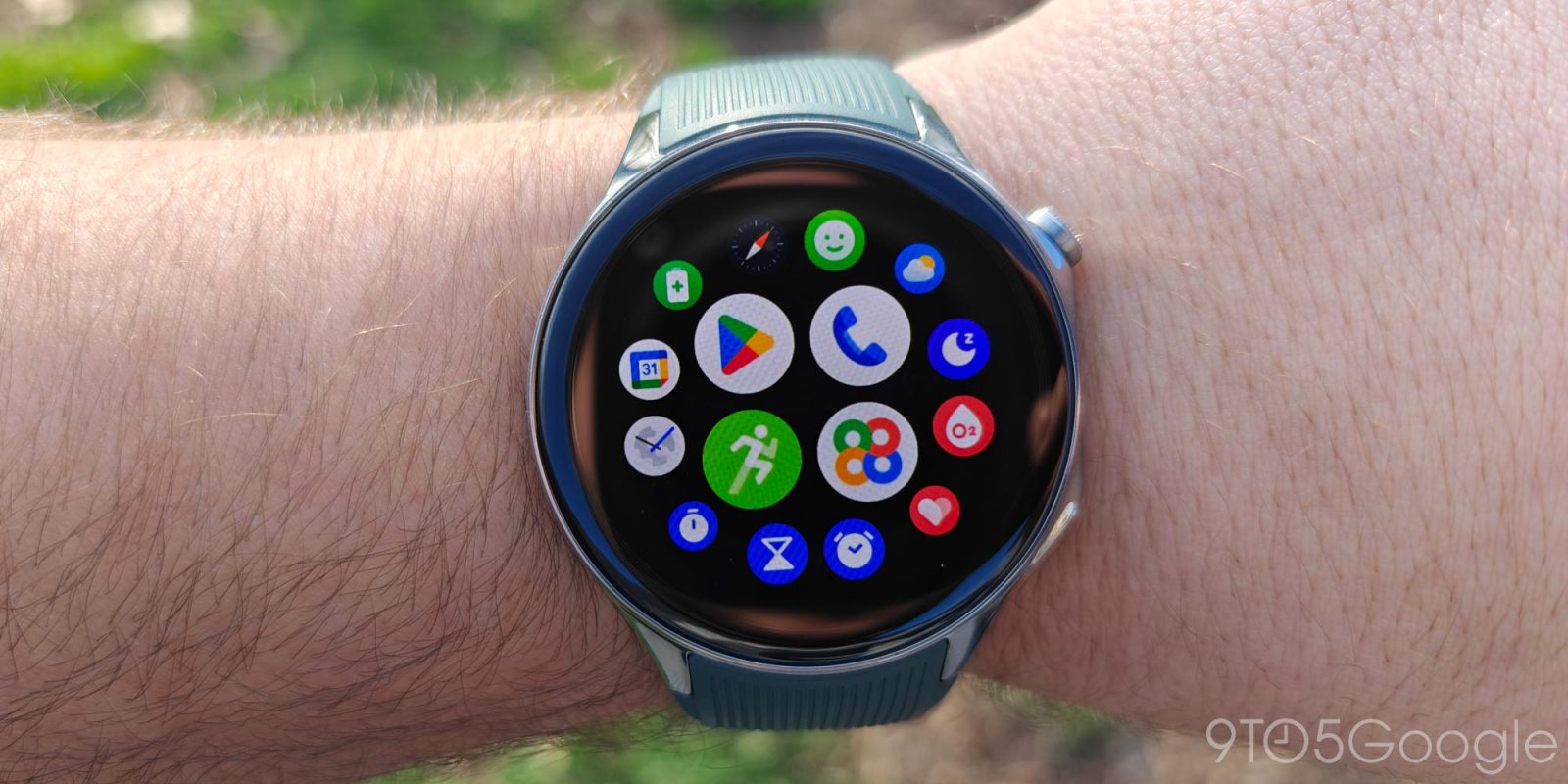
Google today announced a new text-to-speech (TTS) engine for Wear OS 4 (and higher) that is faster and more reliable.
Specifically, it has been “tuned to be performant and reliable on low-memory devices,” with 2 GB being the norm today across the Pixel Watch and Samsung’s Galaxy Watch 6.
Speech synthesis is faster — taking about 10 seconds following a device boot to become ready, though apps can pre-warm it if they need instant access — thanks to “decreased prosody ML models.”
There are seven pre-loaded languages in the system image: English, Spanish, French, Italian, German, Japanese, and Mandarin Chinese. Manufacturers can choose different ones, with over 50 supported. Meanwhile, when a different system language is selected during setup, the “watch automatically downloads the corresponding voice file the first time the user connects to Wi-Fi while charging their watch.”
All the Android APIs are still the same, so developers use the same process to integrate it into a Wear OS app, for example, TextToSpeech#speak can be used to speak specific text.
Use cases include “accessibility services, coaching cues for exercise apps, navigation cues, and reading aloud incoming alerts through the watch speaker or Bluetooth connected headphones.” However, Google notes how the TTS engine is “meant for brief interactions” and not “reading aloud a long article, or a long summary of a podcast.”
Historically, using the on-watch speaker consumers a lot of battery, with most apps — YouTube Music — not letting you access it.
More on Wear OS:
- Future Wear OS updates will require Watch Face Format to access most complications
- Wear OS 4 ‘hybrid interface’ will ‘dramatically’ boost battery on OnePlus Watch 2
- Google Maps for Wear OS adds public transit directions
FTC: We use income earning auto affiliate links. More.



Comments